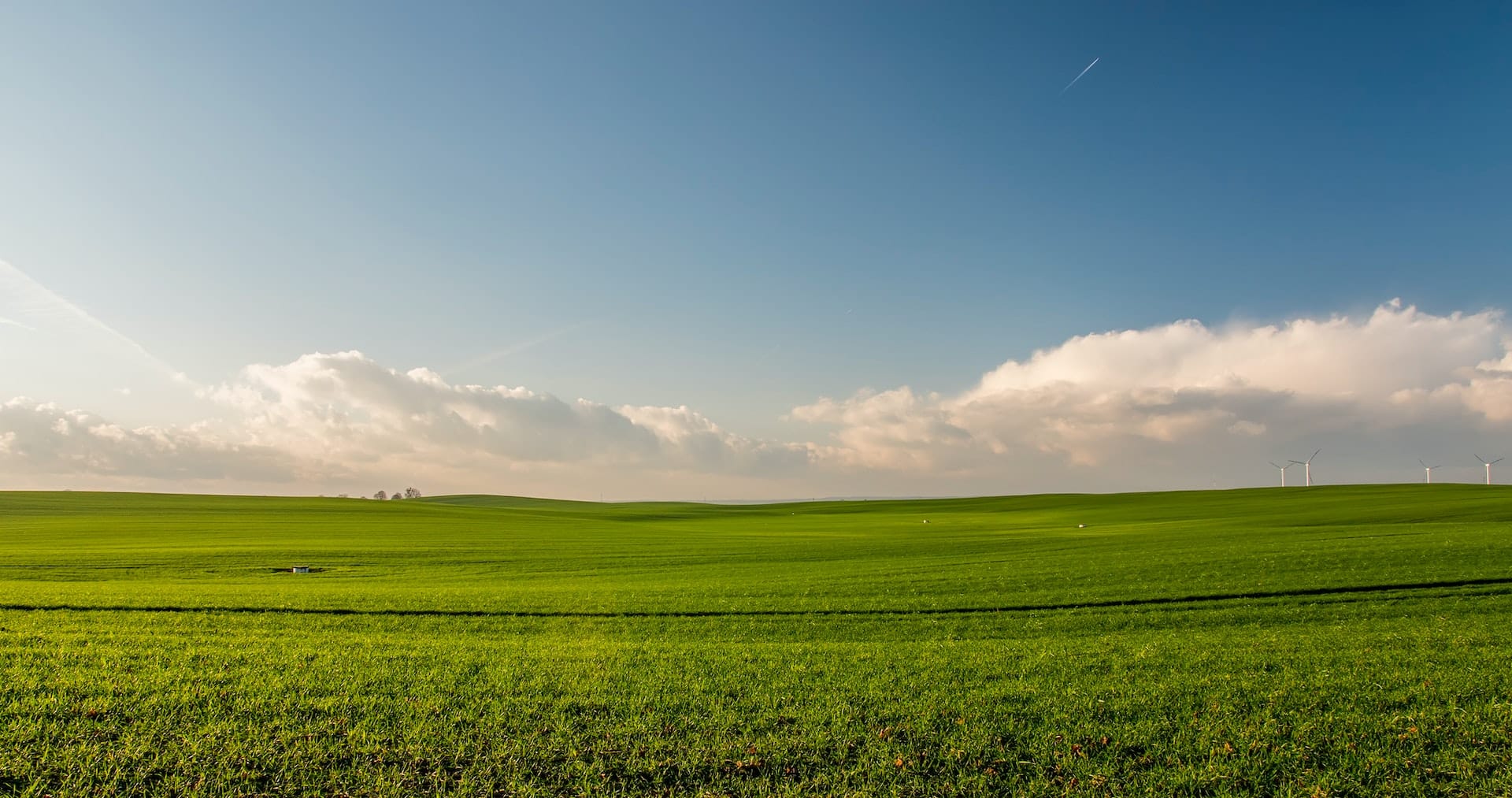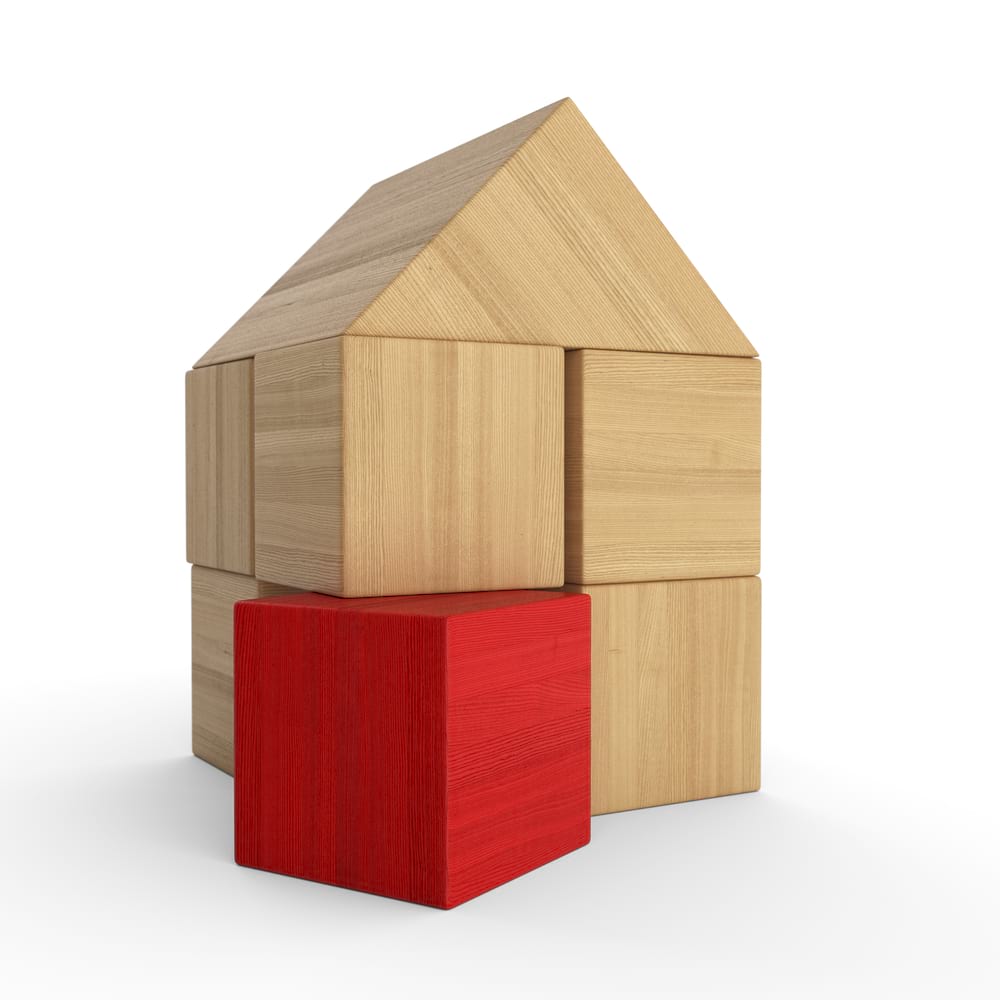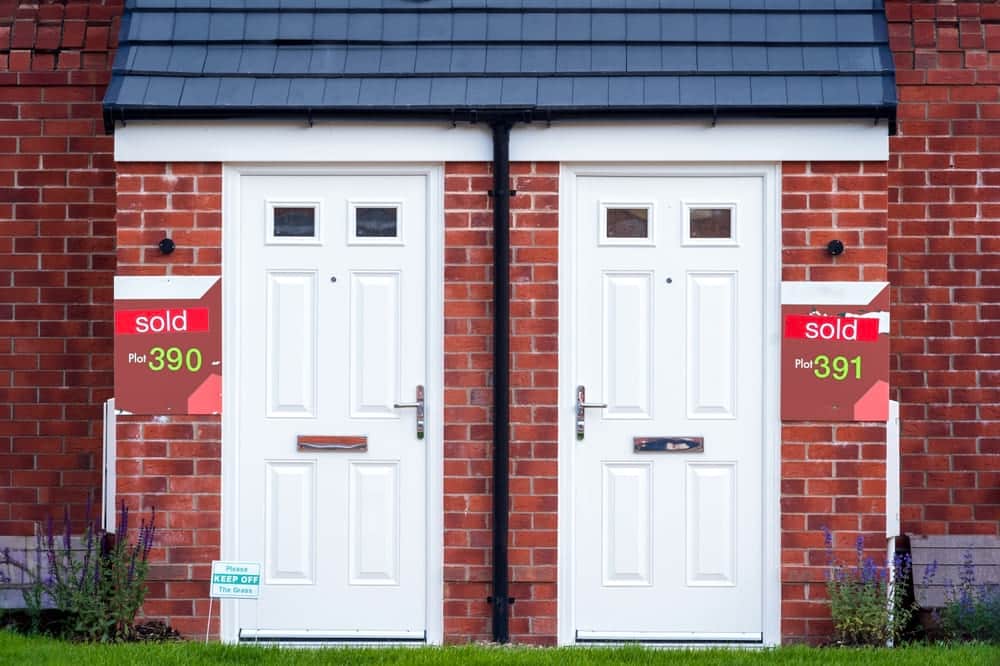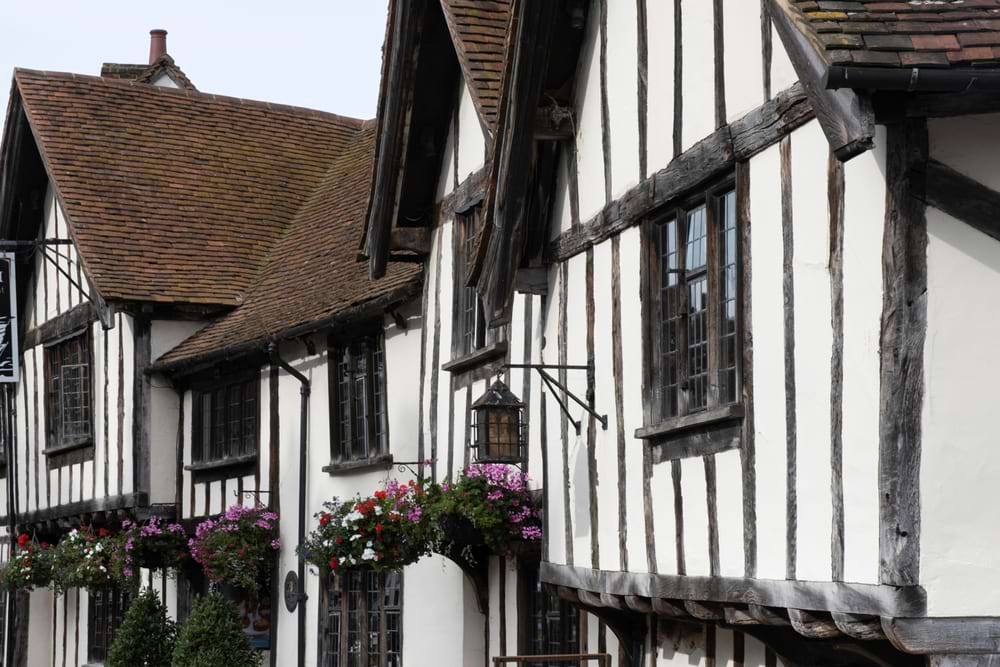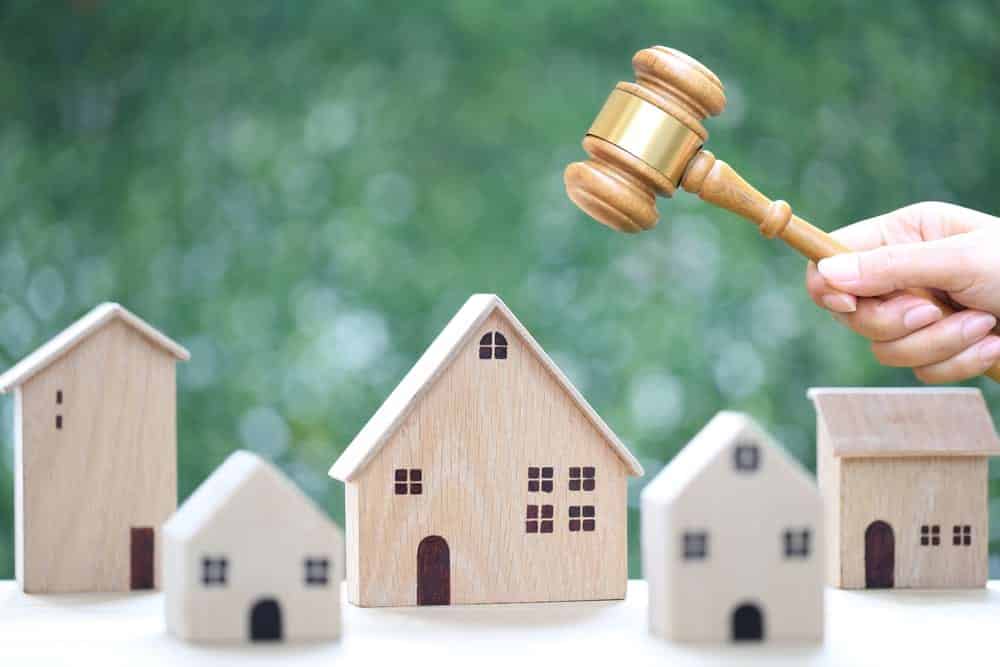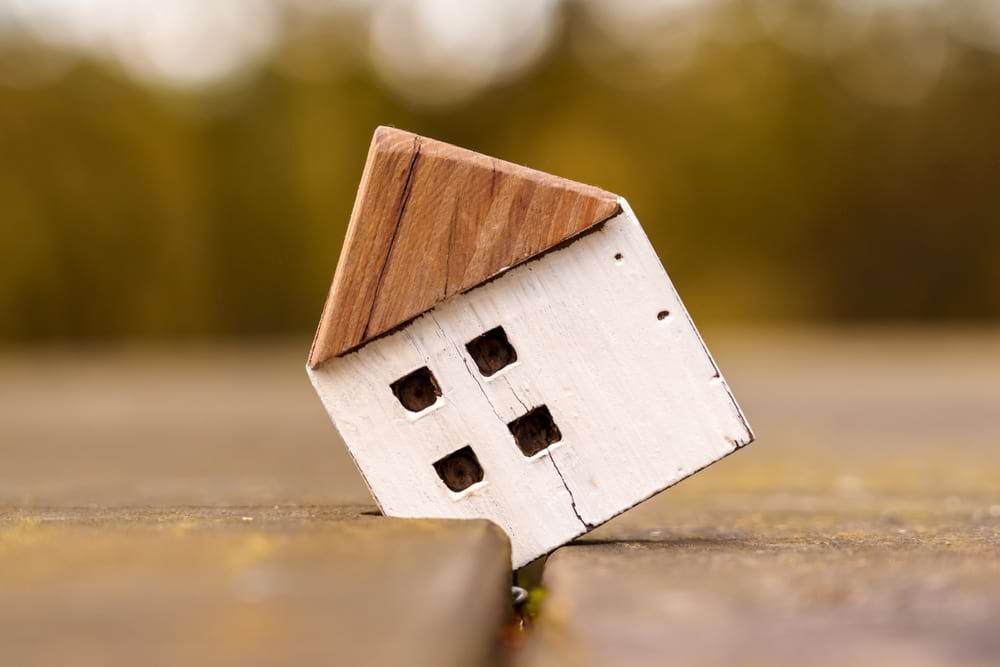When you think of a mortgage, a loan to buy a house is probably the first thing that comes to mind.
If you’re looking to buy land, you might wonder if you can get a mortgage for it.
Read on to find out the answers to this question, and more.
What is a mortgage?
A mortgage is a loan used to purchase property, such as a house, flat, or land.
The property or land purchased with the mortgage serves as collateral for the loan.
Regardless of the property type, the buyer has purchased with the mortgage.
The lender is within their rights to repossess it if they do not keep up with the required repayments.
Mortgages are typically paid back over a more extended period than other loan types, often 20-30 years or longer.
Mortgage factors
The payments include both principal and interest.
How much a mortgage borrower will repay monthly depends on several factors, such as:
- The size of the loan
- The interest rate
- The mortgage term.
Can I get a mortgage on land?
The short answer is yes. You can get a mortgage if you’re planning to purchase land.
But there’s a lot to consider, such as the different mortgages available based on how you will use the land.
You will need to apply for a land mortgage to purchase land. A land mortgage is a loan designed specifically to buy or refinance a plot.
Types of mortgage for buying land
Different types of land mortgages are available.
How you wish to use the land you’re purchasing will dictate the type of mortgage you will need. Common options include:
Self-build mortgage
This type of land mortgage is a loan designed for borrowers purchasing land to self-build a property.
A standard residential mortgage will not cover a self-build.
Commercial development mortgage
Businesses or property developers deal with commercial property. So, they will typically get a commercial development mortgage.
It funds the purchase of a plot of land for construction projects.
Agricultural mortgage
You will need to apply for an agricultural mortgage if your main reason for purchasing land is to farm or produce crops.
Reasons to get a mortgage on land
There are several reasons why someone might want to get a mortgage on land:
1. For self-build homes
You can use a self-build mortgage to buy a plot of land on which you want to build your own home.
These mortgages can cover the land’s purchase cost and any building materials and labour required.
The lender typically provides funding in stages to finance each step in the building process.
2. For development and business
Commercial development land mortgages are designed for individuals or companies who plan to buy land to develop it.
The development could involve building new homes to rent or sell, building commercial properties, or building your business premises.
3. For farming
Agricultural mortgages provide funding to buy land for agriculture.
For example, a borrower might get this mortgage to start a new farm or expand existing farmland.
4. For investment
A land mortgage can be a way for someone to invest in land to make a profit later, either by selling it or developing it and renting it out.
Things to keep in mind when getting a mortgage on land
When considering getting a mortgage to purchase land, you should consider some crucial factors. These are as follows:
Purpose
Determine your plans for the land. This step is essential as you must apply for a specific mortgage based on how you will use the land once you own it.
Planning permission
If you are getting a land mortgage to build a home or commercial development, the lender may require you to have planning permission up front.
Deposit
Securing a land mortgage typically requires a larger deposit than a residential mortgage. Be prepared to pay a deposit of around 30%.
Earnings and employment
Land mortgage lenders typically conduct income and employment checks like you’d expect if getting a mortgage to finance a house purchase.
These checks ensure that you can afford the mortgage payments. Always provide accurate, up-to-date information to avoid delays or rejection of your application.
Survey
Some land mortgage lenders may want to survey the land before accepting or denying your application. They do this to determine its value and how it compares to the sum you have applied to borrow.
Interest rates
Consider the mortgage interest rate, terms, and fees or charges.
Spend time shopping for the best deals and compare offers from several lenders before applying.
Repayment terms
Consider the repayment term length and how much you will be repaying each month.
While a longer repayment term may equal lower monthly payments, it can also increase the mortgage cost overall.
